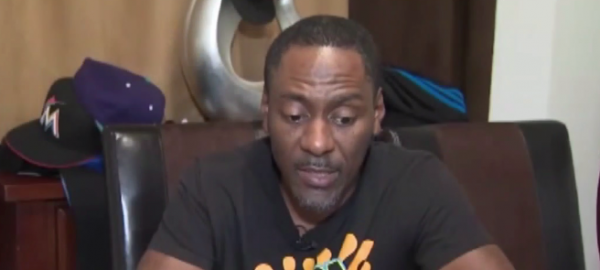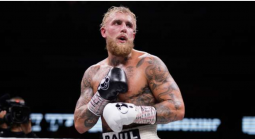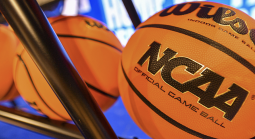News Flash FanDuel: Most Folks Betting Sports First Time in NJ Don't Understand the Odds
FanDuel is taking heat this week for its refusal to pay out on an $82000 winning wager they claimed was a result of their in-game pricing system malfunctioning.
Anthony Prince of Newark made his bet and was handed a ticket at incredible 750-1 odds with about a minute left in the game, as the Broncos trailed by 2 points on their final drive. Denver kicked a field goal with 6 seconds left to win 20-19, capping a second half comeback that started with the Broncos down 12-0. pay out more than $82,000 to a man who was given exorbitant odds for the Denver Broncos to win Sunday against the Oakland Raiders.
FanDuel claims its system should have calculated the odds at 1-6, meaning the payout should have just been $100 and the risk $600. Prince placed a $110 bet and was denied the $82,000 based on the odds given.
FanDuel issued the following statement in response to the matter, now under review for New Jersey Gambling regulators:

Needless-to-say, the betting public wasn't so quick to support FanDuel's position here.
One individual, Joe Womach, rightfully noted via Twitter:
The problem with this is the ambiguity of the line. At what point does a line become a "bad line"? Would +900 be a bad line? +600? +500? etc
Womach went on to suggest that, if the bet had lost, FanDuel likely would have probably kept Mr. Prince's money.
And this brings us to another interesting observation. Prince's $110 bet appears to suggest the bettor may have believed he was wagering on a typical favorite scenario where individuals must lay $11 to win $10 as opposed to underdogs that pay out even odds or $10 for every $10 bet. Furthermore, it seems unlikely Mr. Prince bet the maximum amount. $110 would be an unusual number for FanDuel to cap bets at. Had the player in question truly wanted to exploit a flaw, why not wager $500, or whatever the max might be, at those odds?
One European operator has already chimed in on the matter, telling Gambling911:
"Sick, this is the whole idea of regulation they have to pay the player," this operator said.
SCROLL DOWN FOR MORE
Because sports betting is so new to the Garden State, there are many individuals betting for the first time simply because they are fans of a particular sport. First time bettors often tend not to understand spreads or payout odds, they just want to make a bet and hope their team wins.
"We here at Gambling911.com can't tell you how many times people will ask what a number like +6 means or why their bet didn't win when the team they were backing did win," Payton O'Brien of Gambling911.com points out. "People have a tough time understanding the spread. Mention payout odds of say 20-1 to novice sports bettors, they don't always grasp the concept at first."
O'Brien goes on to explain that offshore gambling operators have long understood the thrill and dangers of offering in-play wagering.
"Those engaging in this type of wagering activity have little time to study opportunities," she says. "The vast majority of folks assume they are getting even odds or paying some juice. Some suggest the player in question was exploiting a software glitch. That may not even be the case here."
In a non-scientific poll offered up on Twitter with 553 respondents by 10:20 am, 80% of those participating believe FanDuel should pay out on the wager.
- Jagajeet Chiba, Gambling911.com















